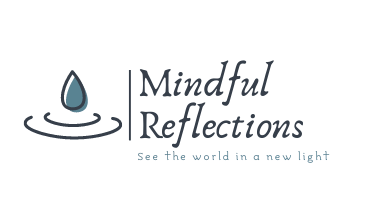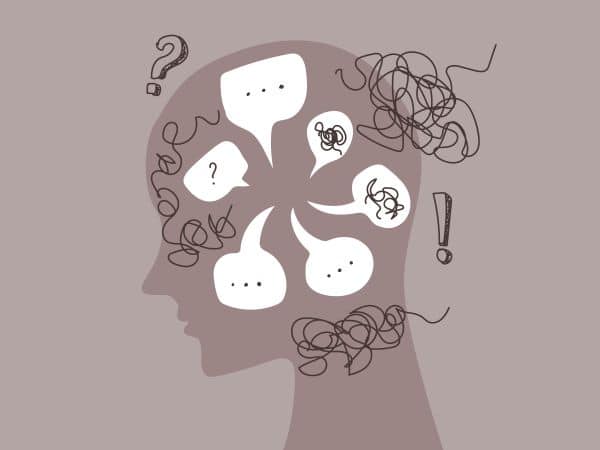Identifying Signs of Perinatal Mood Disorder
If you’re pregnant, or your partner is, then you’ve probably looked into the different kinds of problems one might develop during pregnancy. Maybe you’re familiar with postpartum depression or postpartum anxiety. You might even have come across postpartum psychosis or postpartum OCD.
These conditions can all be put under the same category of perinatal mood disorders: disorders that show up during or after pregnancy. They’re severe enough that they can impact your life, your relationships with those around you, and your bond with your newborn child. That’s what makes identifying the signs of any perinatal mood disorder so important. While all these different conditions have their own symptoms, some signs can be found in several.
Irritability
Do you find yourself quick to anger lately, in a way you hadn’t been before? Maybe you feel constantly on edge, like the slightest comment will set you off? Irritability and anger are common signs of a few perinatal mood disorders, mainly postpartum depression and anxiety.
While it’s true that exhaustion can leave you a little irritable, if this anger is persistent, if you find yourself feeling like anything might set you off for days or weeks on end, you might want to consult a professional.
Constant Worrying
Worry is normal for any new parent, but there are times when the worry becomes overwhelming. When worry turns into anxiety, into fear of anything you can think of, it might be a sign of something else, something more severe.
The kind of worry to watch out for is the kind of anxiety that is persistent and intrusive. It doesn’t let you relax, doesn’t let you breathe. Eventually, it turns into self-doubt too: consuming thoughts about how you might fail as a parent. This kind of worry isn’t the usual type new parents get. It might be a sign of something else entirely, possibly a perinatal mood disorder.
Intrusive Thoughts
Intrusive thoughts are usually negative thoughts that will appear out of nowhere and won’t leave you alone. The thoughts or images you’ll get are usually unpleasant, sometimes outright distressing. You have no control over these thoughts, and that just reinforces how sudden and upsetting they are. They can be a sign of a perinatal mood disorder.
Changes in Habits
Having a baby usually changes your schedule. You eat at different times than you used to, and your sleep schedule is not what it used to be. But if you see that you have difficulty sleeping, even when your baby is fast asleep, or that you can’t find it in you to eat at any point or, on the contrary, you eat much more than you used to, then you might be dealing with something else. Something that isn’t just a typical new parent’s schedule.
Interference With Your Life
Sometimes these new feelings and thoughts and behaviors will only last a couple of weeks, or they won’t be too intense, too recurring. But if you see these symptoms last longer than two weeks, or they’re strong enough to interfere with your everyday life, you might want to consult a professional. Normal baby blues, a common sadness one sometimes gets after having a child, doesn’t last long, a few days, two weeks at most. More than that, it might be a sign of a perinatal mood disorder.
Coping With a Perinatal Mood Disorder
Coping with a perinatal mood disorder is hard, especially if you’re dealing with it on your own. But you don’t have to do this alone. We can help you understand what it is you’re experiencing and figure out how to move forward. Don’t hesitate to schedule an appointment with us. You will feel more like yourself again. You’ll be okay.
To learn more about how Mindful Reflections can help, check out our Postpartum Therapy page.
Previous Posts
Complete Guide to Postpartum Depression
You are not alone.If you’ve found your way here, it’s likely that you — or someone you deeply care...
Can You Have Postpartum Depression After Miscarriage?
Miscarriage is a profound and often isolating experience. For many, the emotional impact is deeply...
Postpartum Therapy for C-Section Recovery: Emotional Healing Beyond the Physical
For many mothers, a C-section can feel both miraculous and overwhelming. While the physical scars...






